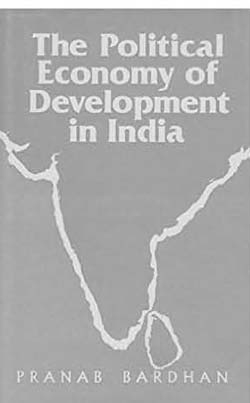The title of this short essay invokes the title of a landmark volume, published in 1985, Bringing the State Back In, edited by Peter Evans, Dietrich Rueschemeyer and Theda Skocpol. It expresses the theme that unites a clutch of books, all of which were published in the mid-1980s and had an enduring impact on scholarship in a field of Indian politics. In different ways, these accounts of the political economy of development and redistribution underscored the centrality of the state. In doing so, they made significant contributions to a field over which intellectual hegemony was split between political scientists of a structural-functional persuasion, on the one hand, and Marxist scholars, on the other.
Each of these books provided us with a new and non-derivative account of the specificity of the Indian state. They spoke back to extant Marxist scholarship, imbuing our understanding of the Indian state with local nuance but without altogether doing away with the categories of class analysis. Not only did these three works insert important caveats into standard Marxist accounts of the class character of the Indian state, they also repudiated the societal determinism of the then influential structural-functional accounts of the Indian political system. In ‘bringing the state back in’, they referenced the debate on state-society relations and the explanatory centrality of the state that had acquired currency in American political science circles at this time.
The impetus for each of these projects was different. Bardhan sought to explain slow growth in India in terms of its political economy and the relationship of the state to economic classes in society; Kohli sought to explain variations, in three Indian states, in the effectiveness of redistributive interventions; and Rudolph and Rudolph sought to understand the political economy of the Indian state as a selfdetermining third actor and to assess its strength or weakness in a political context where, in their view, cleavages of caste, religion and language had greater salience than those of class.

